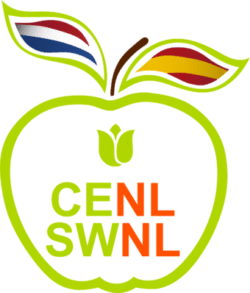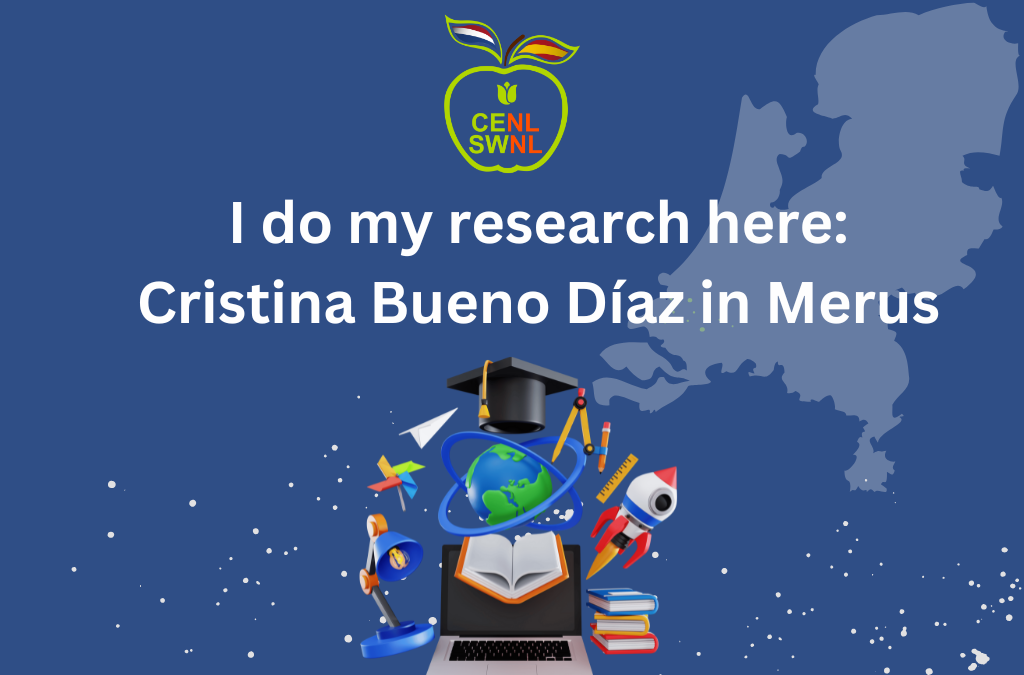Working at Merus as Antibody Engineering Scientist
Tell us about your job at Merus. Can you tell us about one day at your job?
Merus is a company that develops treatments against cancer, and I work as Antibody Engineering Scientist at the Discovery and Innovation section of the company. There, we focus on the first stage of the product design process, which consists of engineering antibodies that work against the complex mechanisms driving cancer and can be developed using industry-standard processes (our method is called Multiclonic(R) technology). On a more practical level, my work consists on testing hundreds/thousands of antibodies to find the best candidates in terms of developability (structural characteristics of antibodies) and potential biological activity, working side by side with pre-clinical and CMC teams.
This role is very dynamic because it combines both laboratory and computer work, writing projects, and analyzing results. The team is so well organized that one can quickly jump from one task to another without problems. Also, the meetings are very focused, so we have time for short informal talks afterward (which helps to connect with colleagues!).
What are the most essential skills to do a successful job in Merus?
In Industry, I would say that soft skills overtake the technical ones; thus, they understand that you can learn the last ones, while the others are kind of “inherent” and very important to work in a team: being an open person, showing your willingness to learn and adapt to the company environment already gives you some points. I’m not saying that your research background doesn’t count, but companies pay more attention to the personal factors.
What do you find most rewarding about your work?
For the first time in a long time, I feel that my work has an objective and that I’m taking an active part in it. Moreover, being able to help my co-workers and feeling useful are my most significant rewards..
How would you describe the work culture in your company/research center?
The work culture at Merus can be defined by teamwork and efficiency: the company is organized in a way that allows collaborations between teams to happen naturally, and between different departments. People are very open and friendly, always willing to help you. They promote a healthy work environment and that motivates people to give their best.
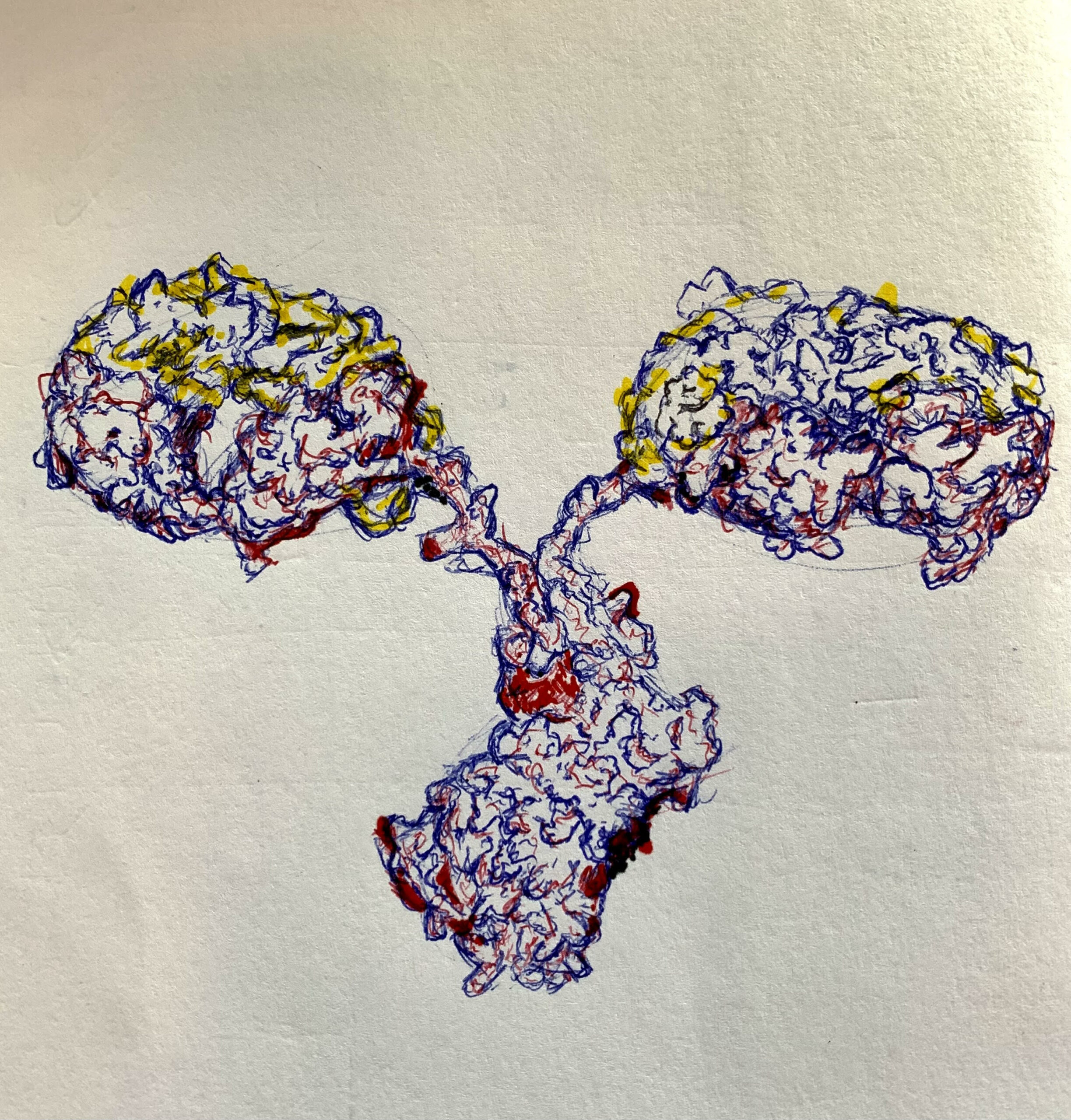
What advice do you give students or young professionals considering a career in your field?
From my perspective, if I had to change something from my career, it would be the speed: I started the master right after the degree and the the PhD after the master. I didn’t allow myself to stop and consider all my choices. I took the path the people around me had taken before.Maybe it wasn’t the most suitable for me since, from the very beginning, I didn’t want to become the head of a research group, and the academic system didn’t align with my personality. I’m not saying years in academia haven’t been useless since I acquired most of my skills during this period.
My point is to listen to yourself and give yourself time to make a decision that will impact your future; don’t rush it. In this way, you can explore the options a career in biomedicine research offers. You also contact people with different career backgrounds who can help you decide
What is the best and the worst part of your job?
The best part of my current job is that it is very dynamic., I take part in different projects and I’m still learning a lot, fulfilling my curiosity. However, working at a company requires a level of documentation that is very different from academia, which may be the most tedious part of working there. But as I said before, Merus has such a good organization that even the documentation part is not as harsh as it could be.
How do you manage work-life balance in your career?
I admit that I’ve always had a decent balance between work and personal life. The advantage of working with proteins is that you can leave them in the freezer over the weekend/holidays without worrying about them. However, I suffered the pressure differently, for example, I tried to achieve unrealistic goals from supervisors or ridiculous deadlines, which led to very stressful moments and affected me personally. Luckily now I have an excellent work-life balance; people at work respect my free time and even encourage me to take it.
Is CENL helping you in any aspect of your career? Como podría ayudarte?
When I joined CENL, I considered it a hobby and an excuse to meet new people, but never at a career level. However, I quickly saw that it could be a great chance to contact people with different backgrounds and to get useful help transitioning from academia to industry. Above all, it is an excellent supporting network that makes you feel at home.
What inspires you to pursue a career in science?
My passion for science is the driving force behind my career. From a young age, I was always drawn to science subjects , such as biology and chemistry. A pivotal moment in my journey was a day when I was a little girl and I spent one day at my aunt’s laboratory. I was fascinated by the machines and the knowledge they were able to obtain from them;it was there that I first leart what a protein was. Atthat moment I realized I wanted to follow my aunt’s footsteps to become a scientist like her.
Tell us about your educational background and how it prepared to you for your current role
I studied for a degree in Biochemistry at the Complutense University of Madrid, followed by a Master in Immunology at the same University. Both studies, especially the degree, provided me with a lot of theoretical and practical knowledge in Biochemistry, Protein Structure, Immunology and Biomedicine research, which are the foundations of antibody engineering.
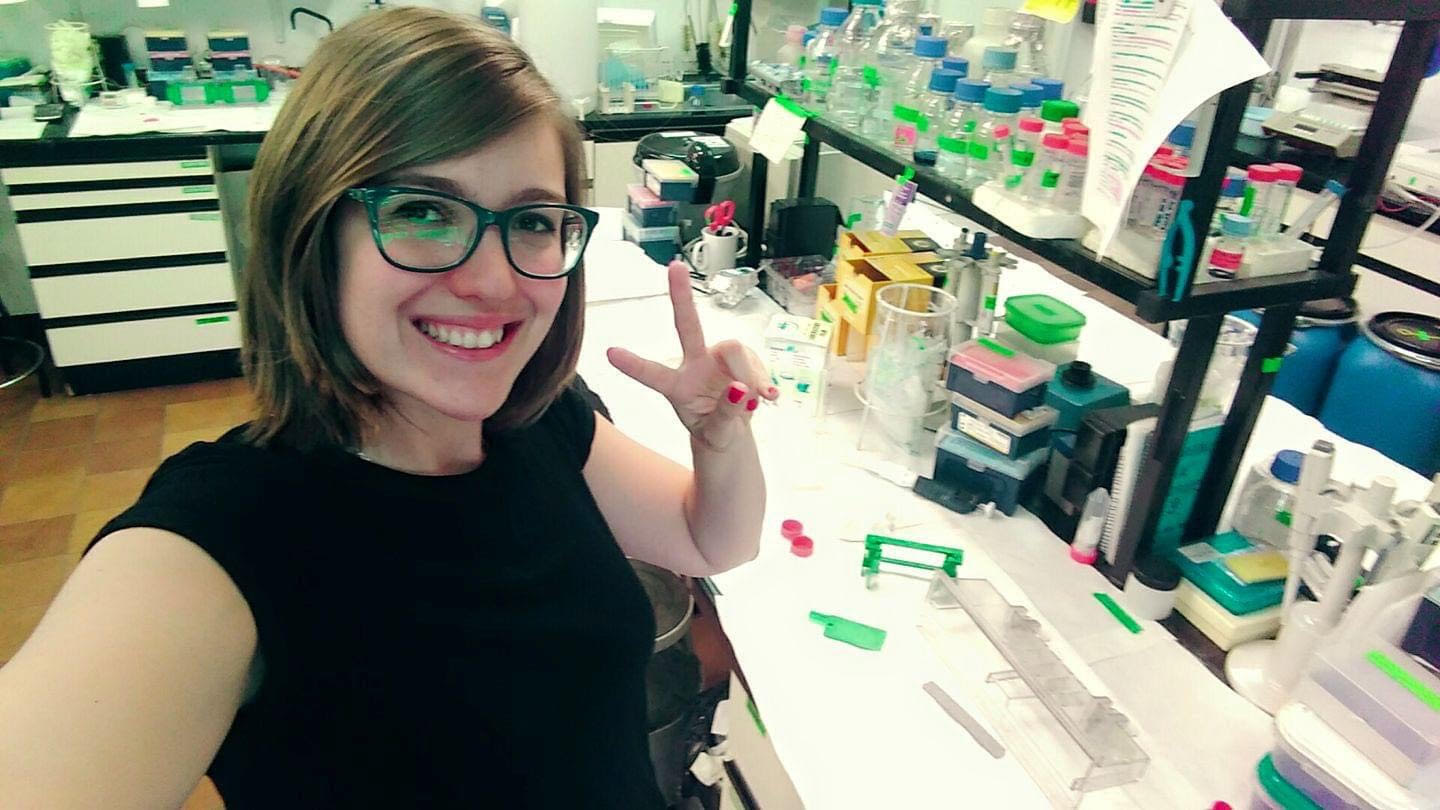
What was your first job in the scientific field? How did it lead to your current position?
My first (paid) job was as a PhD candidate in Biochemistry, Molecular Biology and Biomedicine. I spent five years depicting the structural characteristics of proteins involved in life-threatening allergic reactions, trying to see a correlation between their structure and the symptoms they elicited. During this period, I learned a lot of research techniques I still use in my current position. And Also, the so-called the “soft skills”: working on several projects simultaneously at the same time, scientific writing (papers, grants, projects), communication in conferences and outreach activities, teamwork and a good scientific criteria to become an independent researcher.
What steps did you take to transition from academia to industry?
My transition from academia to industry happened after my postdoc at Utrecht University, where I started working with antibodies. However, due to some financial difficulties my contract couldn’t be extended, so I began searching for a new job in both academia and industry. It wasn’t a bed of roses, because I was used to presenting myself in academic way, highlighting the subject of the projects I worked on and the publications. And that already closed the door to some options. With some a bit of help from friends and a bit of searching on internet, I could improve my profile and make it more “industry” appealing. My profile then became appreciated by the industry, which focuses more ontechnical and social skills rather than on publications, and luckily I got to the call for some interviews, one for the position I hold right now: Antibody Engineering Scientist at Merus.
¿Nos ayudas a ser más? Hazte miembro y participa. Danos difusión en las redes. Contáctanos y cuéntanos sobre ti y tu proyecto.
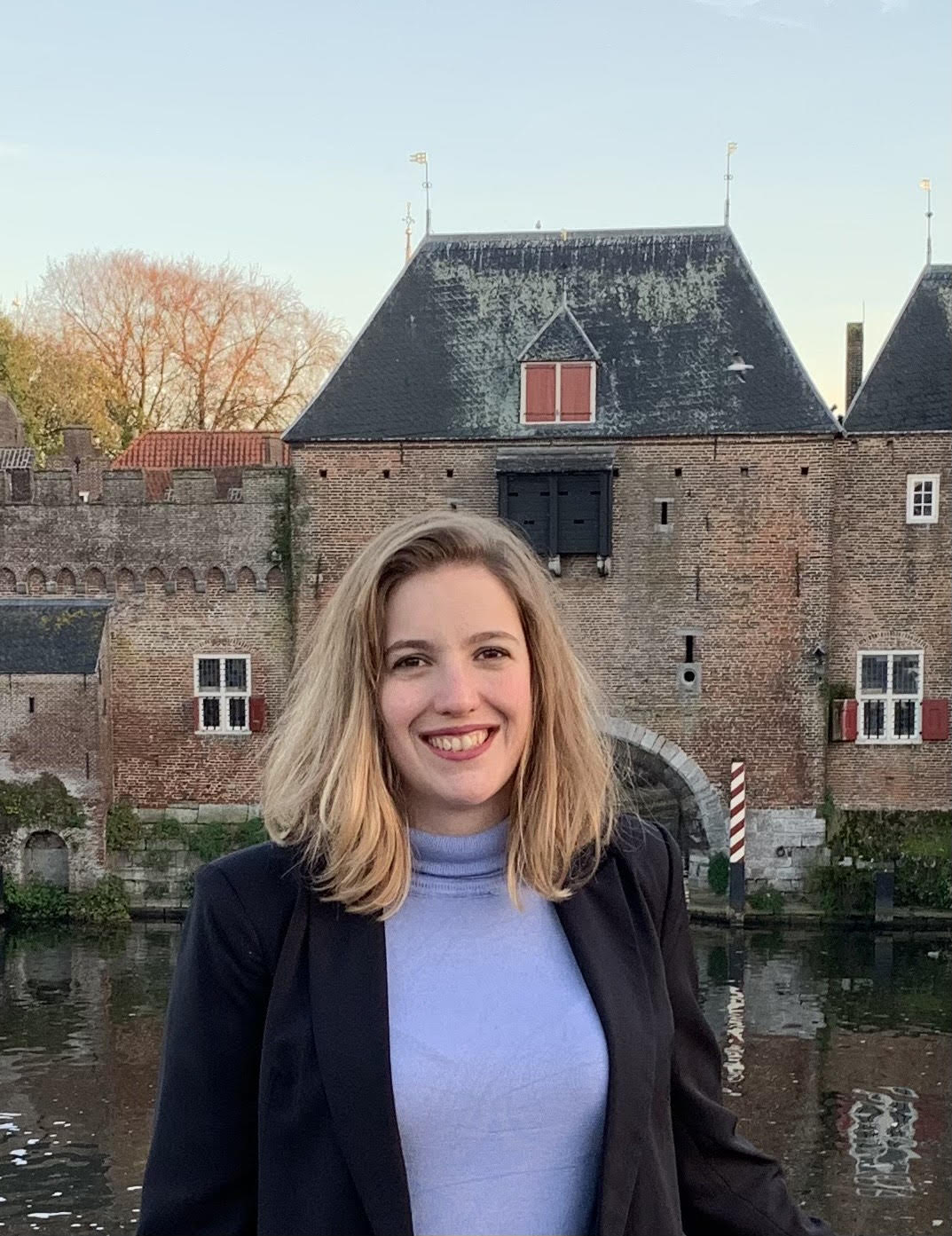
Cristina bueno Díaz
Scientist Protein Engineering at Merus N.V.
I am originally from Madrid, where I studied my bachelor’s and master’s degrees, followed by a PhD in Biochemistry at the Complutense University of Madrid. My PhD project involved unraveling the structural features of food allergens that were related to their immunogenic properties.
I moved to the Netherlands three years ago as a postdoc, also in the field of food allergy, but from the other side of the equation: antibodies. The experience gained in protein chemistry during those years helped me in my transition to Industri, currently occupying a Scientist position at Merus N.V.
(Not that) outside of science, I’m the Secretary of the Administration Board of CENL-SWNL. Being part of the association keeps me in contact with the spanish comunity, and together we form a fantastic support network where everyone can find its own spot
